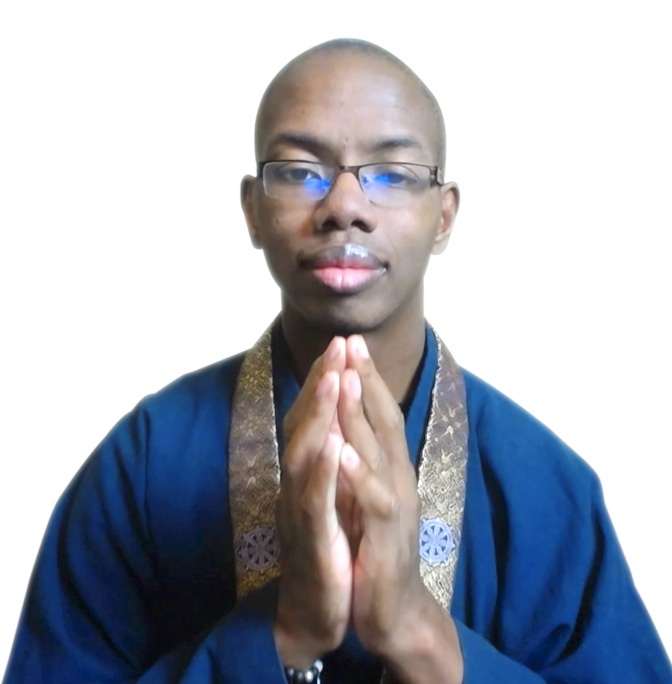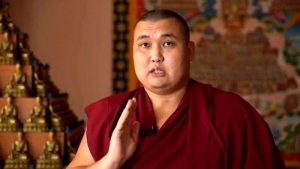
I’m tired. As I write this, my legs feel like noodles and my hands are trembling. I’m not sure what exact thing got me to this point. Maybe it was the hours I spent pushing wheelbarrows full of mulch to the garden? Maybe it was the countless times I had to climb up and down the ladder while I was making repairs to my greenhouse? Maybe it was the hot sun, paired with 90 per cent humidity, that sapped my strength?
I don’t know why I’m so tired.
But I do know that my body hurts and it’s going to take a loud groan and a pep talk for me to get up from the couch. That said, I couldn’t be happier.
I think happiness comes from having something to show for my suffering. The ground between my garden beds is covered with a new layer of mulch that will help suppress weeds. My greenhouse will be ready to house vegetables in a couple of days. And laboring under the hot sun ensured that my garden was watered and my animals were cared for.
As I reflect on my circumstances, I wonder if people are so unhappy because they focus on avoiding suffering. Would they be happier if they sought out suffering that provided a sense of accomplishment?
Some 2,600 years ago, the Buddha shared the First Noble Truth: “Life is suffering.” When I first heard those words, I thought he was warning us; reminding us that life is filled with gray unpleasantness. These days, I realize that my understanding of the First Noble Truth was only half right. Yes, life is hard, and part of being a human being is learning to cope with the gross, challenging parts of having a body. Being a person requires that we feel pain, sadness, heartache, tiredness, and a wealth of other emotions in our day-to-day lives.
However, suffering isn’t always bad.
When we suffer in the name of some task or philosophy that is larger than ourselves, the suffering becomes easier to bear and there is often joy when we accomplish our goal. This is the athlete who tortures their body in practice so that they can perform well in competition. This is the mountain climber who braves a storm in his attempt to reach the summit. This is the meditator who sits for hours on their cushion in their attempts to realize enlightenment.
If these individuals work to avoid the suffering required to complete their goals, their lives will be more comfortable. But they will also be void of achievement and the happiness that comes from doing something hard. The clearest demonstration of this can be found in the example set by the Buddha. Many people have the misconception that he realized enlightenment easily, effortlessly, without the slightest bit of pain or sorrow.
But nothing could be further from the truth.
The sutras tell us that he practiced the Dharma for a countless number of lives before he took his final human birth. And even then, he was forced to endure great hardship. His father wailed with grief when he left the palace to walk the spiritual path. His friends turned on him and he nearly starved to death. But in the moments after he realized enlightenment under the Bodhi tree, the Buddha felt immense happiness–to the point that he let out a great roar!
Where would we be if, in the name of ease and comfort, the Buddha had chosen to remain in the palace, choosing comfort over achievement? The world would be a darker, sadder place, and we would all be worse off as a result.
It’s important to note, however, that this isn’t only true of spiritual practice. Any task can be a source of both suffering and happiness. Any task can leave us sore and exhausted with a smile on our face. We just need to choose our suffering carefully and be cognizant of the end goal when things get difficult.
One technique I’ve found for doing this is breaking the task into small goals and expressing gratitude each time one of these goals is achieved.
For example, if someone is washing dishes, they might set a time every five minutes or so to stop and express gratitude for the many meals that they’ll eat on the clean dishes. Or, if we are weeding garden beds, each time we finish a bed we can stop and think about the wonderful vegetables that we will grow in it.
In this way, we change the focus of our practice from escaping suffering to understanding the true nature of suffering. When viewed correctly, the hardship in our lives can be a pathway to a joyous, happy occasion.
We just need to choose our suffering wisely, and focus on the end result.
Namu Amida Butsu












